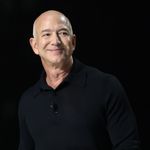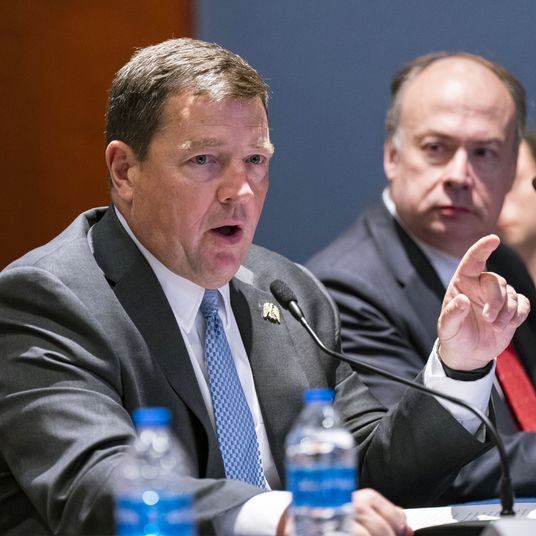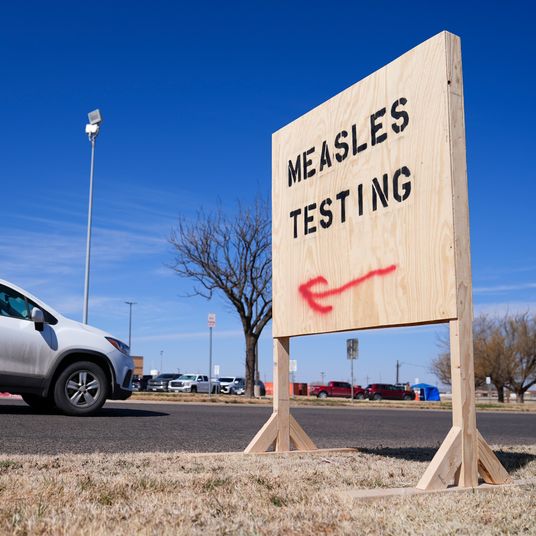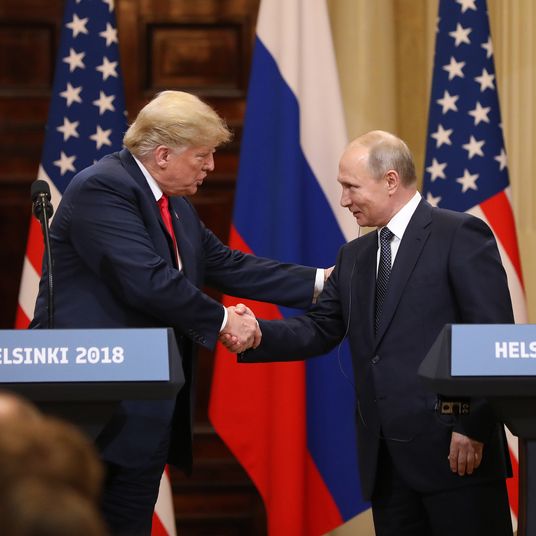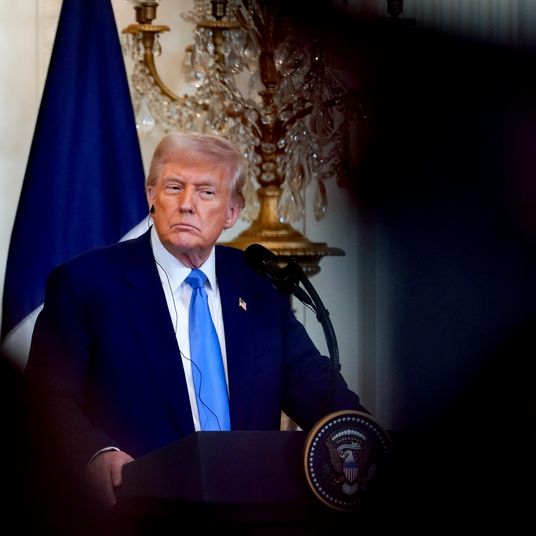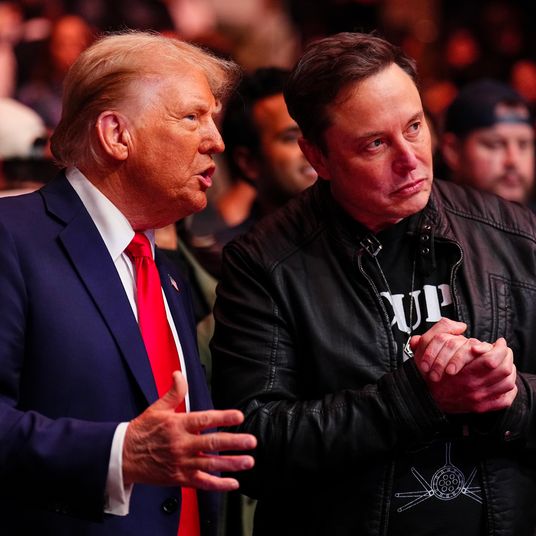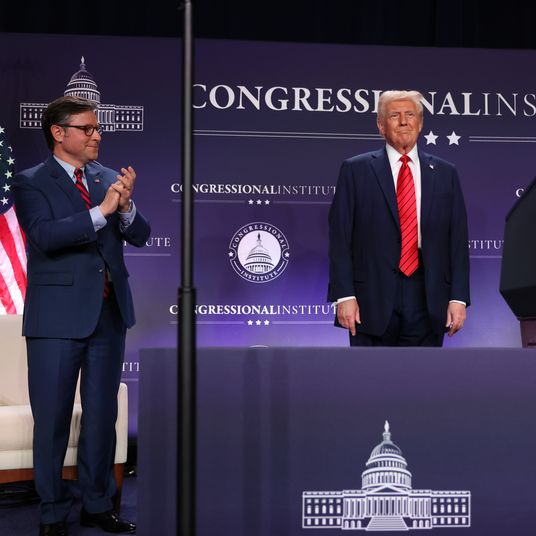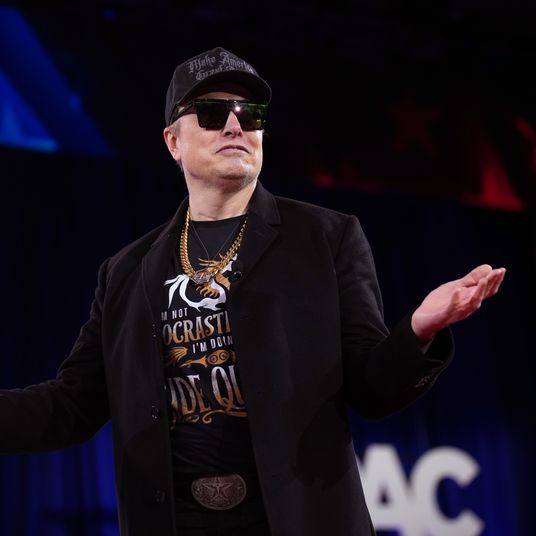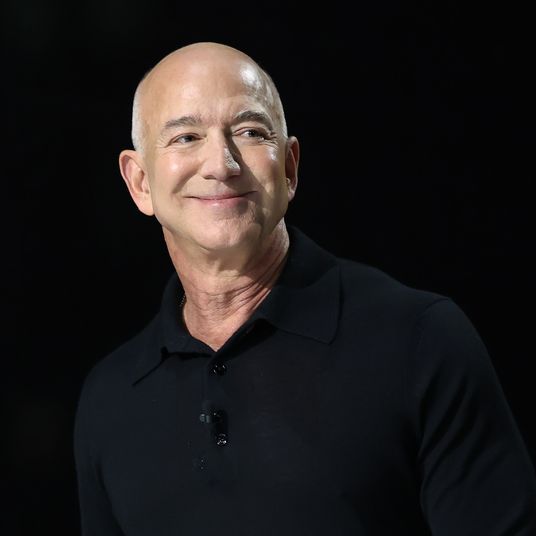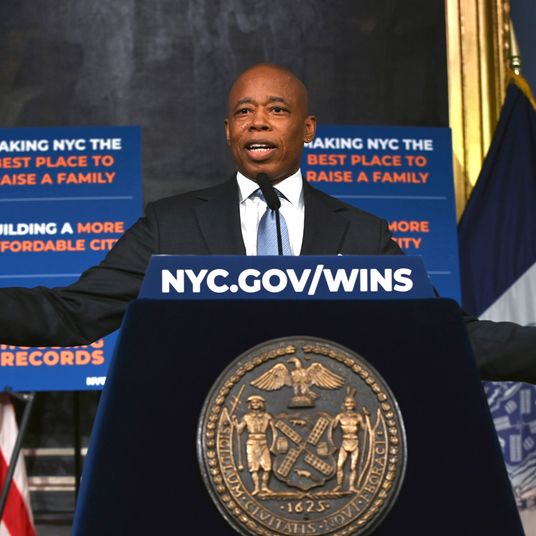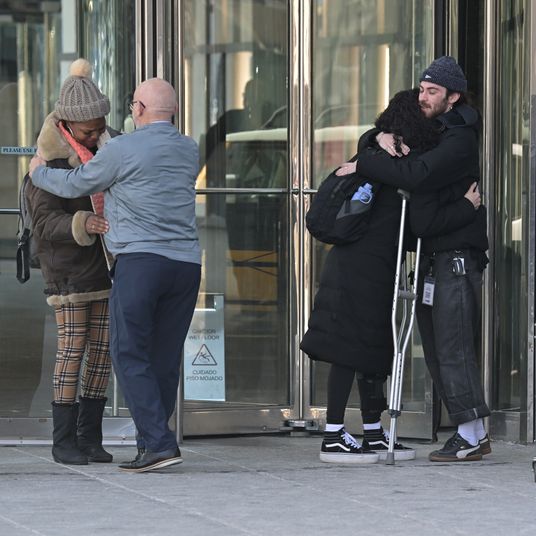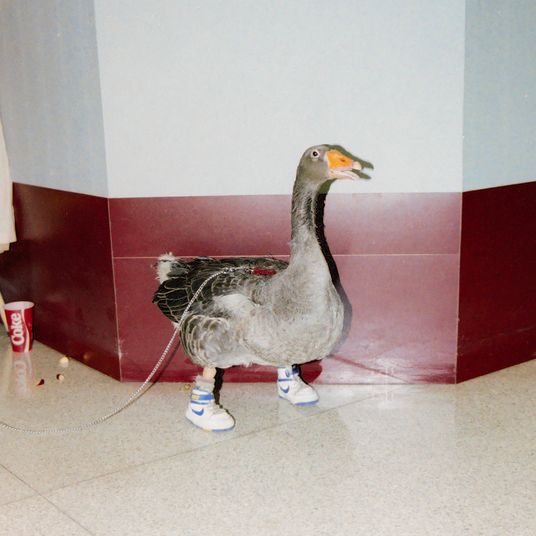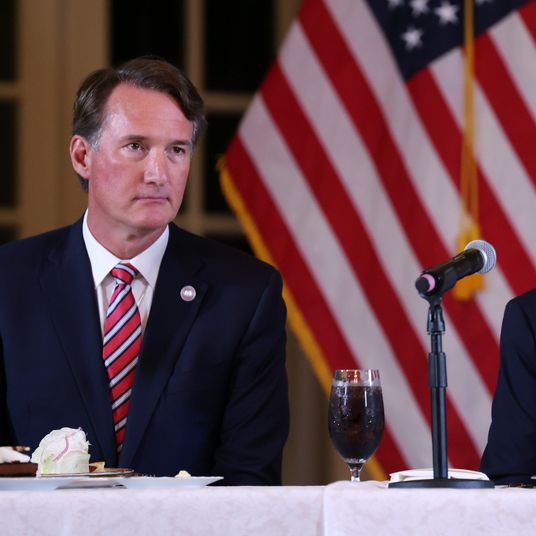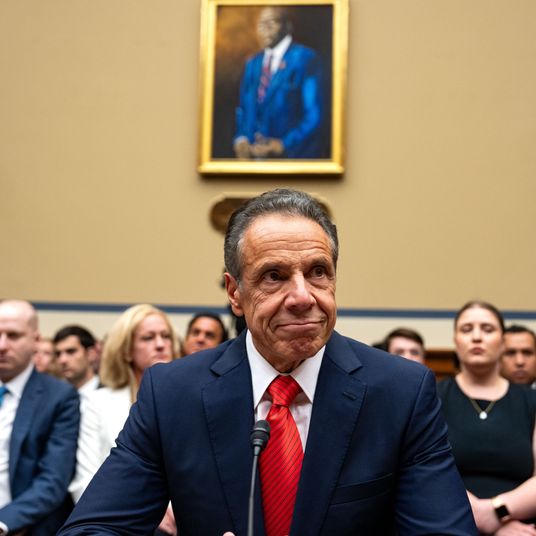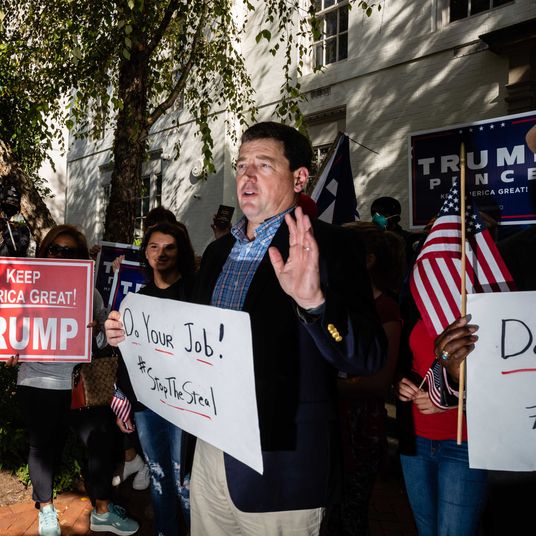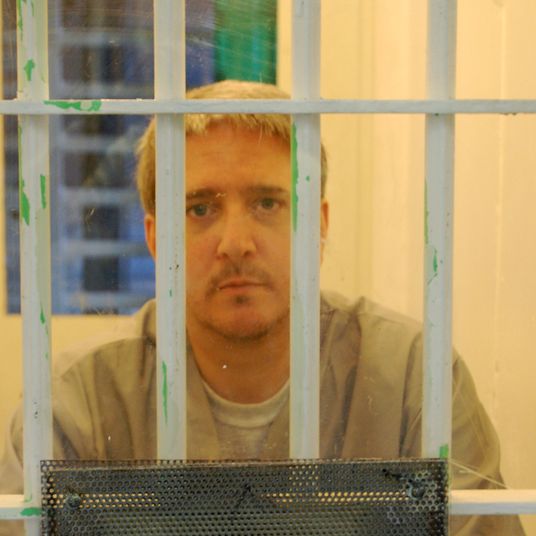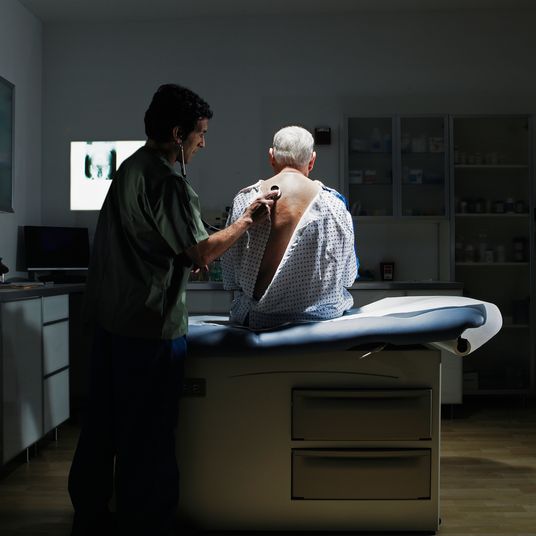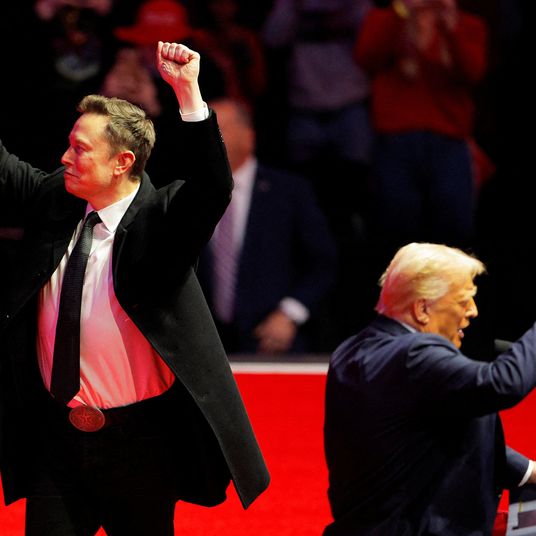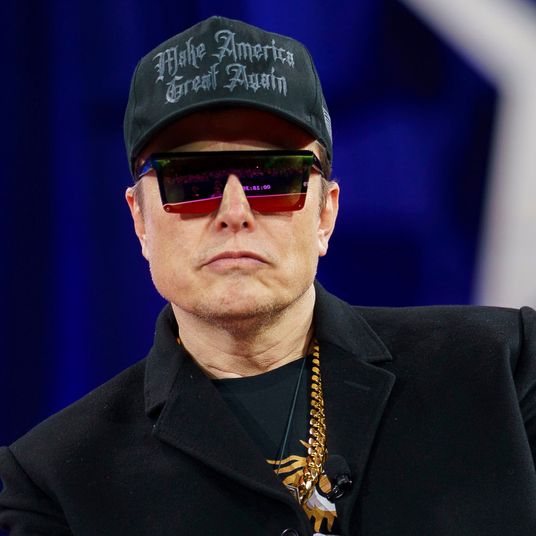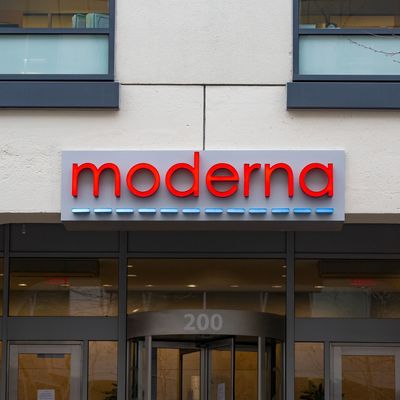
The first coronavirus vaccine to enter human trials has returned “positive” results, its manufacturer said Monday. Moderna, the Boston-based biotech firm that began testing the vaccine in March, announced that eight healthy patients, who each received two doses of the vaccine, developed antibodies that fight the virus.
The news sent the stock market surging, with the Dow jumping nearly 700 points, its largest gain in a month. Stocks of companies that would benefit from a return to pre-pandemic living — Disney, Carnival, Delta, MGM Resorts — saw their shares rise, CNBC reports. The gains erased loses from last week, the market’s worse since late March.
In Moderna’s Phase 1 trial, half of the eight patients received two doses of 25 micrograms, and the other half received two doses of 100 micrograms. Those who received the smaller does showed levels of antibodies similar to those in people who have recovered from COVID-19. For those who received the higher dose, antibody levels “significantly exceeded” those in recovered patients.
Because of the success of those two dose levels, Moderna will no longer test a single 250-microgram dose. Not only did that level trigger the most adverse side effects, but it’s not needed with the lower levels showing promise, chief medical officer Tal Zaks told the New York Times. Making the vaccine in lower doses will also allow more to be made, Zaks said.
In an interview with Stat News, Zaks said there is a balance to strike between an effective dosage level and using as little vaccine as needed, allowing for maximum production. “The sense is, at the end of the day, we’re going to narrow it down on somewhere between 25 and 100,” he said. “It’s going to be really hard math for us.”
Moderna plans a Phase 2 trial, which it says will begin “shortly,” with 600 patients. The company also said Monday that a Phase 3 trial is being targeted for July. That trial would involve thousands.
The company’s chief medical officer says if trials are successful, a vaccine could be available by the end of this year or early next year. That would be unprecedented speed from trial to market, which some experts warn would be “irresponsible.”




